Climate change is having a growing impact on the African continent, hitting the most vulnerable hardest, and contributing to food insecurity, population displacement and stress on water resources, according to the “State of the Climate 2020” report by the World Meteorological Organisation (WMO). At AE we have reported on the impact of locust plagues in Ethiopia and devastating floods and their impact on those we reach out to.
Within the urban slum areas which form a part of our outreach areas in Kenya, Uganda and other Sub-Saharan areas, choked gutters and drains transfers bacteria, viruses and parasites that lead to disproportionately high levels of child mortality and illness. The impact overflows into significant social issues impacting education, work, rates of depression, suicide and unrest.
With your support, AE continues to build drainage systems, latrines, sanitation equipment and information to help kids into schools, reduce illness and create a way forward for better conditions and social opportunity. In partnership with the church, we demonstrate the love of Christ through practical measures that help transform the physical and spiritual well being of populations vulnerable to catastrophic climate events.
Since the inception of our work in Kibera and Korogocho slums in Nairobi, African Enterprise Kenya has progressively worked with slum residents and relevant local government officials, schools and community groups to improve hygiene and sanitation conditions in these areas. We give thanks to all those who continue to participate in the urgent work of protecting these communities and giving new generations a chance to live free of poverty, disease and in the love of Christ.
For every adverse weather event, the situation for slum communities deteriorates, however with your prayers and support, we will save lives and build safer healthier communities in the name of Jesus. For more information or to support AE’s work to combat the effects of severe climate conditions, please visit our website or contact our office.
Poverty neglect and rural migration have led to around 61,000 children aged under 15 years being forced onto the streets of Ghana’s capital city Accra. Sadly the right to food, health, education and a safe environment are missing for these children and they are open to abuse, trafficking, health risks as well as being exposed to and involved in crime.
Every year through the Ghana Street Children Apprenticeship Project (SCAP), 50 children otherwise destined for crime and abuse are brought off the streets and equipped with skills through vocational courses including dressmaking and tailoring, computing, hairdressing and beautician, aluminum fabrication and auto mechanics.
One of these graduates, Gabriel Otoo, completed his training in auto-mechanics and now works independently in an Accra city shop. He is not taking the opportunity lightly, and is working hard to establish his new business and to employ others.
“I am forever grateful for AE Ghana and all the donors”, he said. “My goal is to save for land to develop into a training workshop and other children like I was.”
Providing a better future for other disadvantaged youth is now a passion, all made possible because AE supporters gave him a helping hand when he had no much hope.
“What AE has done for me, I am obliged to pay back by giving back to society”, he said.
Thank you for all your faith in the work of God to change lives through word and deed in the name of Jesus. Thank you for your continued support towards AE Ghana’s SCAP program.
In October last year, we shared with you AE Ethiopia’s vision of starting a sewing project for vulnerable women. The team identified ladies who were collecting firewood to sell in the Arba Minch area. With no other options for earning an income, these women walked vast distances every day, collecting firewood and then making their way back to the market where they can sell or going back home. Often they would be attacked and abused on their journey back and their firewood taken from them.
AE Ethiopia heard their cry for help and enrolled 15 ladies (pictured above) in their new sewing program called “Life Transformation of Vulnerable Firewood Collecting Women”. One of our partnering churches in Ethiopia has kindly offered their facilities for the program. The ladies are being trained in sewing, tailoring and embroidery for 6 months and then they will be divided into smaller work groups. AE Ethiopia wishes to equip each group with a sewing machine and help them to open a small shop where they can sell their items.
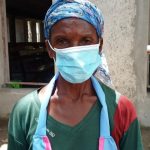 Amarach Wolka is one of the trainees in the sewing project. She has 4 children. She resorted to firewood collection after the death of her husband some 8 years ago.
Amarach Wolka is one of the trainees in the sewing project. She has 4 children. She resorted to firewood collection after the death of her husband some 8 years ago.
She says “With firewood collection, I am really tired of life. I was eagerly waiting to the days I quit gathering firewood and engage in some other productive enterprise.
This training is like seeing light at the end of the tunnel. I am now filled with hope. I want to take the training seriously and work hard to transform my life and feed my children.”
Your support to Aid & Development Programs have enabled Ethiopia to start this program and to transform the lives of 15 vulnerable women. Thank you for your prayers, encouragement and gifts to enable life-changing transformation for these ladies.
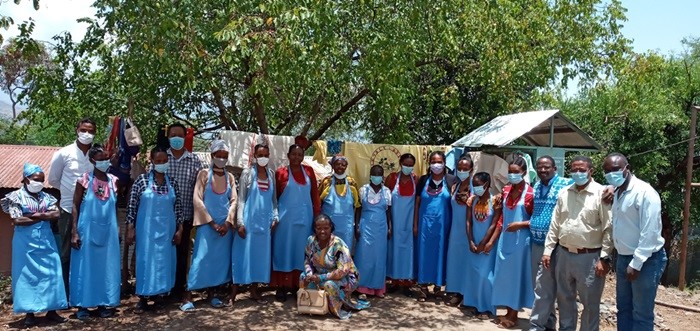
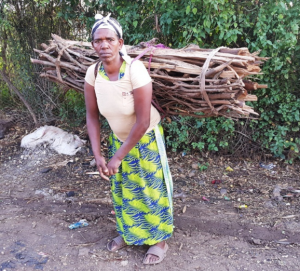
Click here to read the project proposal article: Hear my cry, 28 October 2020
In 2002 AEE Rwanda piloted the first Rwandan self-help groups (SHGs, also known as community transformation groups), adapting the successful Indian SHG model to work locally. Since then, with its partners, AEE Rwanda has brought the transformational power of SHGs to hundreds of thousands of Rwandese.
A typical SHG is formed by fifteen to twenty people living close to one another and in similar economic and social circumstances. Members are generally drawn from the poorest and most vulnerable in a community. In Rwanda the SHGs are predominantly all-women – recognized as the most successful model – but increasingly men’s and mixed SHGs are prospering. Each SHG will set its own rules when it is formed and is expected to manage its own business with community facilitators and AEE field staff providing assistance and guidance only.
SHGs pool members’ resources through savings. Starting small, members might save the equivalent of twenty to fifty cents a week. Selected by turn, need, and their ideas, members are granted a loan. Most often the loan is used to fund a small business activity such as buying produce from a grower to sell at market. The loan is repaid to the group and the member keeps the profit. With the increased income the groups are able to quickly increase their savings, opening the door to more ambitious projects. As the groups mature they form together into clusters. A cluster might rent or buy rented tracts of land to grow vegetables for sale, or even build early childhood centers where the community’s children can be safe and stimulated while their parents work. As clusters mature, they form into federations, and SHGs collected into a federation are strong enough to work in partnership with district authorities and NGOs on broader community projects.
But SHGs do more than just build economic prosperity. Through belonging and working together, SHGs build a person’s holistic well-being.
“I could never leave my self-help group. With the group, I moved out of isolation. Bringing up children alone used to scare me. It was very hard; but being in the group gives me energy now. I feel I have a family.” Olive, single mother of four children
I can’t express in words what my group means to me. They are my sisters – we support each other in everything. Rose
In recent years, AEE Rwanda is extending the SHG model to people with disabilities, providing the dignity of belonging and contributing.
Before, people with disabilities had to hide and we were alone. But now we can come forward and live among other people. We have self-respect. Abera
Through the generous support of our partners, hundreds of thousands of Rwandese have benefitted from SHGs, and these benefits multiply through families and communities. Children are better nourished, better schooled, better prepared to be a part of Rwanda’s future. Communities are transformed from the increased economic activity, the community projects, and the sense of empowerment, purpose, and cohesion.
Community benefits are starkly evident in the recent and ongoing COVID-19 response. SHGs have worked in their communities to communicate vital health messages and combat rumor and misinformation. Those SHGs with the means have produced cloth masks for their communities and run community kitchens for children under five whose parents had lost their incomes.
Written by John Kalenzi, AEE Rwanda Team Leader
A sea in front of them, two steep mountains on their sides and pharaoh’s army closing on them from behind. And Moses cried to the Lord and the only answer he got was “tell the people to move on…” (Exodus 14:15). This was the kind of sentiment we all had when the corona virus pandemic closed in on us. The first active case in Rwanda was detected on March 14, 2020 and immediately a cascade of measures fell on us like a torrential rain. Social distancing, banning of public gatherings, interdiction of cross-border trading; closing of all businesses except those providing essential services, imposition of face masks in all public places, hand washing or use of sanitizers when coming from public places or going into public buildings. We were all in an imposed paralysis and then the Lord said, “tell the team to move on!”
Immediately ground assessments were made, proposals were written to respond to the many needs that arose from the different measures and you, our partners responded generously. That allowed our team to move into action without delay. AE International trained our staff in the new approach of Home -Based Evangelism and they in turn trained 313 church leaders in the approach and facilitated its implementation in two districts that were scheduled for mission outreach in 2020. Pre-recorded evangelism messages were sent to facilitators who helped the community members to listen to the messages in company of their invited friends. The messages are short but packed in such a compelling and convincing manner that they lead to repentance and commitment. We are yet to evaluate the results of the outreach but people were appreciative.
AE-Rwanda worked with partner churches and provided them with 2,860 non-contact infrared thermometers that are compulsory for churches to re-open. We also provided hygiene items like face masks, soap and hand sanitizers to 14,342 people from 3,570 households. AE provided food items like beans, rice, maize flour and cooking oil to 27,608 households. When the schools were planning to re-open, AE constructed washing stations for 32 public schools that cater for children from poor neighborhoods where parents could not afford to pay for that new infrastructure.
 Schools have reopened, some churches that fulfilled the requirements are open but operating at 50% of their sitting capacity, buses are allowed 75% of their capacity, cases are going down. Life is slowly coming back but still under the impositions of the “new normal”. And AE-Rwanda is still moving on.
Schools have reopened, some churches that fulfilled the requirements are open but operating at 50% of their sitting capacity, buses are allowed 75% of their capacity, cases are going down. Life is slowly coming back but still under the impositions of the “new normal”. And AE-Rwanda is still moving on.
This is not a full report, just a short note to back up my deep and sincere appreciation to you all whose generosity has allowed us to remain relevant to our mission and helpful to the poor among our people. It’s in time of need that you know your real friends. May the Lord keep blessing you to remain a blessing to all those in need.
Together in the Lord’s service,
Rev. Antoine Rutayisire, AE-Rwanda Board Chairman.
Aid and Development Testimonies and Stories
“We cannot be lulled into a false sense of security. The devastating surge of cases and deaths in India, and increases in other regions of the world, are clear signs that the pandemic is not yet over in African countries. A new upsurge of COVID-19 infections is a real risk in many countries even if the region’s case count in recent weeks appears to be stable,” said Dr Matshidiso Moeti, WHO Regional Director for Africa. “Combatting COVID-19 fatigue appears to be the key battle in our collective response to the pandemic.”
WHO, African countries face high risk of COVID-19 resurgence, 29 April 2021 https://www.afro.who.int/news/african-countries-face-high-risk-covid-19-resurgence
For over a year now, our teams have been responding to the pandemic by distributing food, facemasks, and sanitation products. They have also been providing temporary or building permanent wash basins in community areas. The need is forever increasing and our teams are working hard to look after those who are suffering.
Below are some stories and testimonies from our teams:
AE Ethiopia recently distributed food parcels to 50 family heads who are some of the poorest in the community. The selection of the beneficiaries was done in partnership with the 15 local churches that AEE is working with for the 2021 Kotebe mission. It was explained to the beneficiaries that AEE is compelled to do such social action by the love of Christ.

A life transformed – Selina’s story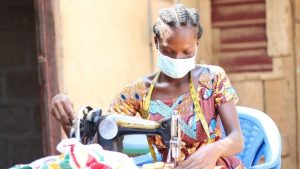
In remote parts of Ghana, children are often compelled to drop out of school to contribute to family income. In some cases this leaves them vulnerable to abuse. Providing a vocational pathway to young people to help them when their parents cannot, is a part of the ministry of African Enterprise Ghana. Amongst the hundreds of beneficiaries/graduates per year, Selina had it as hard as many. Emerging from a polygamous family of 11, Selina life was transformed after enrolling in the Ghana Street kids apprenticeship program. On completing her 3 year course, Selina now works in partnership with her mother to support her family and save toward creating their own tailoring shop. We are grateful to God that her future has a greater certainty than ever before.
 A testimony from Kenya
A testimony from Kenya
“My name is Elvis Oltunga, I am 15 years old and I live in Korogocho slums with my parents and 3 siblings. I have just completed my primary school studies at Totola Primary School in Korogocho and I am looking forward to high school. I am very grateful to AEE for supporting me with school shoes and food for my family.
Hand Washing Stations Constructed at Early Childhood Development Centers (ECDCs)
A child in Rwanda is considered poor if they have no access to at least three of the following nutrition, water, sanitation, housing child protection (UNICEF Rwanda 2018, Child Poverty in Rwanda Summary). The cycle of poverty threatened to escalate during covid, however thanks to the work of AE Rwanda, washing stations were built at five early development centres to ensure that children had better access to sanitation and water to enable these schools to reopen.
With these raised hygiene standards, transmission of the covid virus and disease is significantly reduced. We give thanks for support and prayers that enabled us to make these important steps forward in consultation with communities.
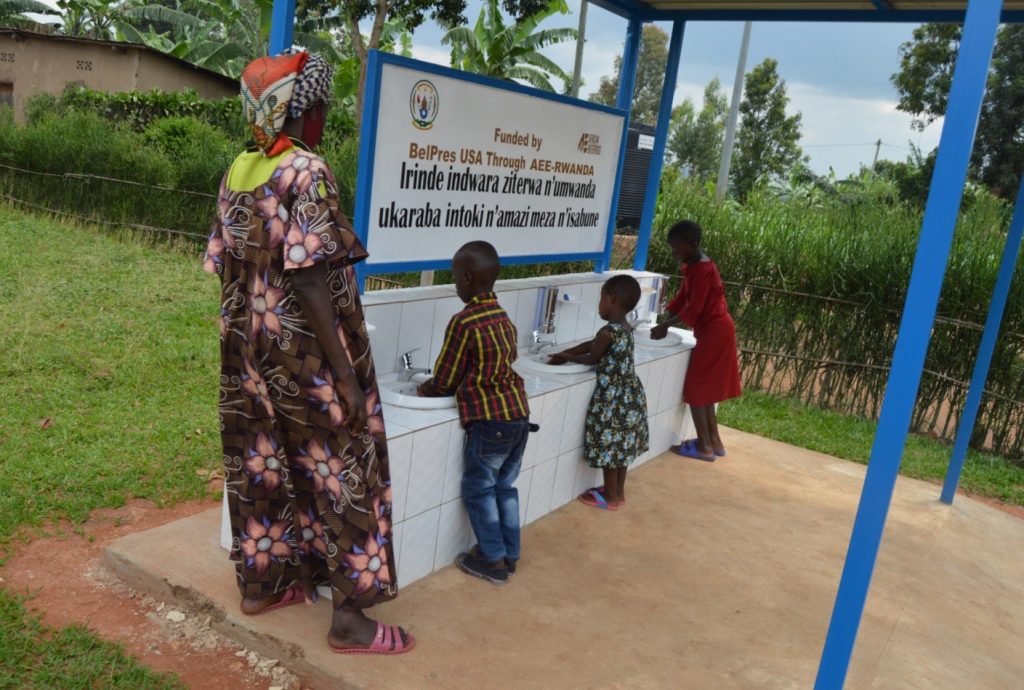
Testimony from South Sudan
My name is Mrs. Sabi Agile, I am a mother of 5 children. My family was displaced from our home in Goro after fighting broke out between 2 tribes. For many nights we could not sleep in our houses and slept in the 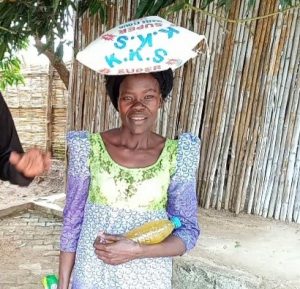 bushes due to fear of attacks and after many got killed we decided to flee and seek refuge in another area.
bushes due to fear of attacks and after many got killed we decided to flee and seek refuge in another area.
We walked for many hours without food or water and the children were crying but we had to keep moving until we got to Gudele where we felt safer and sought refuge from friends and relatives. Life has been very difficult here since we are not farming or doing any work to be able to buy food and other things for the family and we have been forced to rely on well-wishers for our daily survival as we wait to return to our homes when the fighting stops.
I am very grateful to African Enterprise for the gifts of food and soap that they have brought us today, we were not expecting it but God heard our cry and sent them to us. I am happy that for the next few days I will not have to worry about food for my children and I am very grateful to African Enterprise for your kindness and love to us.
Donate to Aid & Development Programs
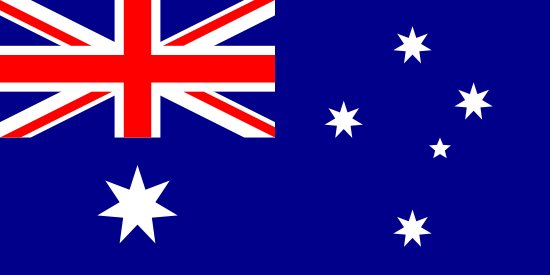

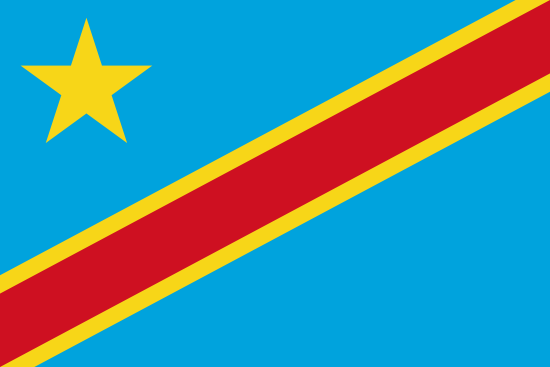
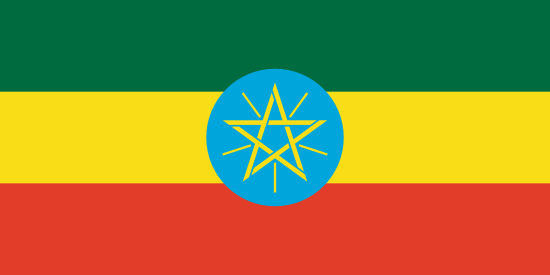
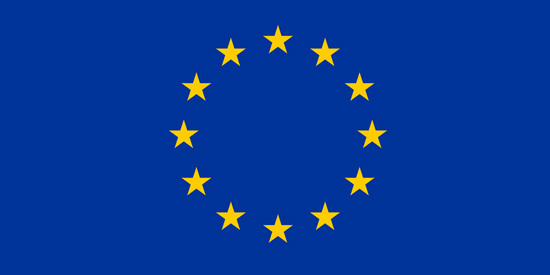
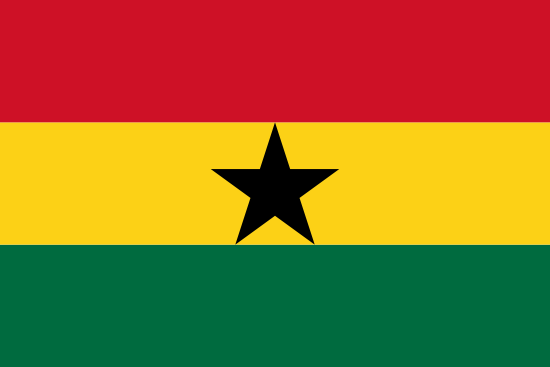


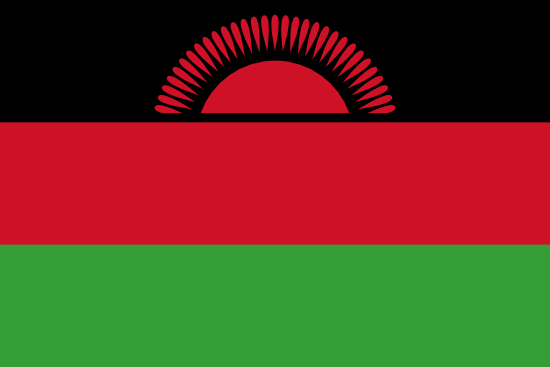
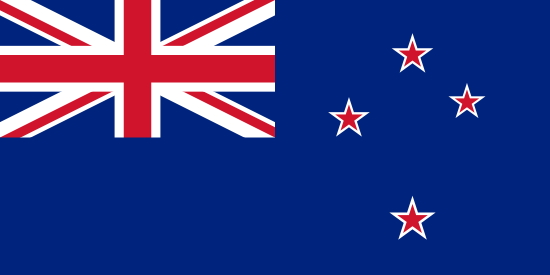
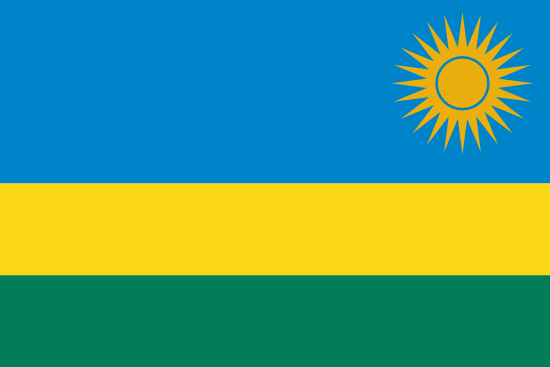
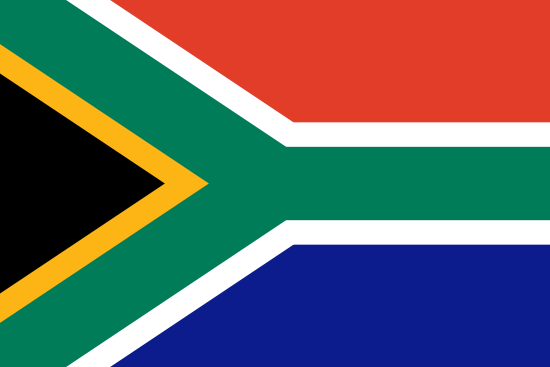


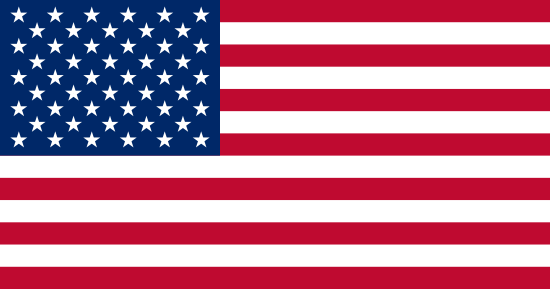
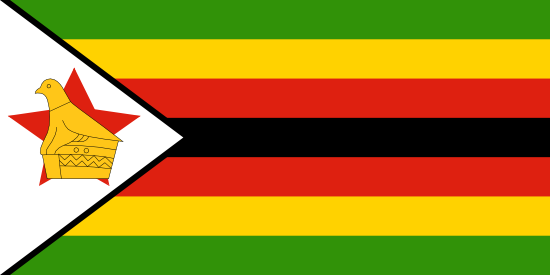

 Amarach Wolka is one of the trainees in the sewing project. She has 4 children. She resorted to firewood collection after the death of her husband some 8 years ago.
Amarach Wolka is one of the trainees in the sewing project. She has 4 children. She resorted to firewood collection after the death of her husband some 8 years ago.

 Schools have reopened, some churches that fulfilled the requirements are open but operating at 50% of their sitting capacity, buses are allowed 75% of their capacity, cases are going down. Life is slowly coming back but still under the impositions of the “new normal”. And AE-Rwanda is still moving on.
Schools have reopened, some churches that fulfilled the requirements are open but operating at 50% of their sitting capacity, buses are allowed 75% of their capacity, cases are going down. Life is slowly coming back but still under the impositions of the “new normal”. And AE-Rwanda is still moving on.

 A testimony from Kenya
A testimony from Kenya
 bushes due to fear of attacks and after many got killed we decided to flee and seek refuge in another area.
bushes due to fear of attacks and after many got killed we decided to flee and seek refuge in another area.